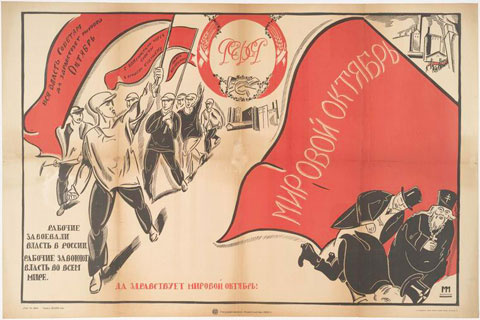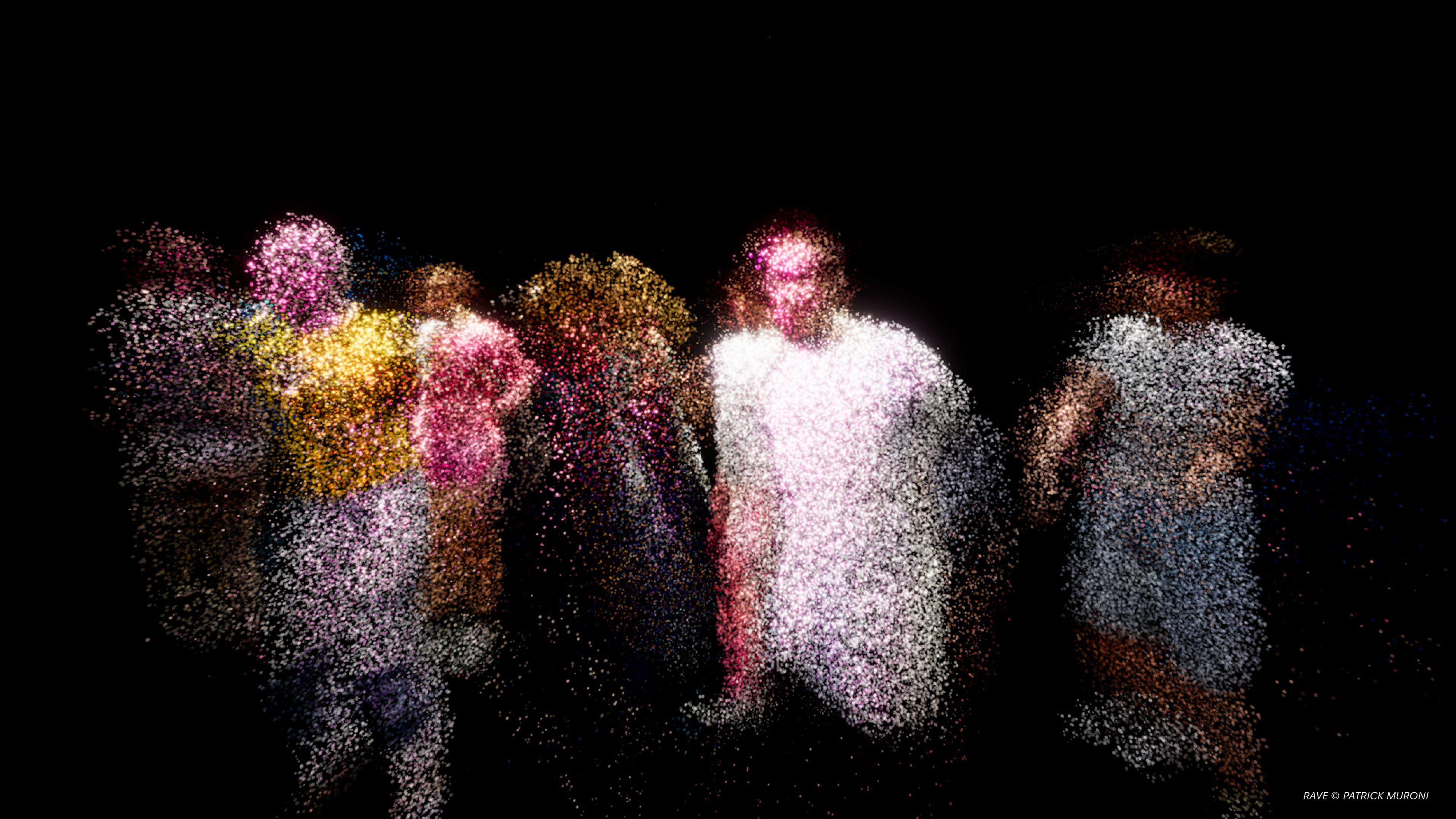
How the Russian Revolution uprooted the Swiss

A pivotal event in 20th-century history took place 90 years ago this month: the 1917 Bolshevik Revolution.
The uprising, which brought the communists to power, touched the lives of millions of people in Russia. Thousands of Swiss were among the foreigners caught up in the events.
Swiss had been emigrating to Russia in various capacities since the 18th century. Some had gone for a limited period with the intention of returning home later, while others had been there for generations and had little or no knowledge of Switzerland.
In 1917 there were some 8,000 Swiss citizens in Russia in a wide range of occupations, from businessmen to dairy farmers. While about half lived in either Moscow or St Petersburg, others were scattered all over the empire.
Despite the differences in wealth and experience, their reactions to the revolution were similar, says Peter Collmer, a historian of eastern Europe at the University of Zurich, who has edited a book of reminiscences by the Swiss in Russia.
Shocking times
“Most of the Swiss people were shocked about the revolution… because it affected their lives in very negative way.
“Under the revolutionary law most Swiss people lost almost all of their property. It was taken away by the new authorities and redistributed according to the rules of the revolution,” he told swissinfo.
Injustice and sudden poverty were not the only problems they faced.
“It became very difficult to survive in a practical sense, because there was a crisis in food supply, for example, and in some places Swiss people were threatened physically,” Collmer explained.
The nature of their employment meant that even less well off immigrants – such as governesses – were associated with the upper class and thus became targets for revolutionaries. This happened despite official policy that foreigners, particularly from neutral states, should be respected.
The events of November 1917 soon led to civil war. It was initially by no means clear which side would win. Many people waited to see what would happen.
“Some people were afraid of returning to Switzerland. They were people who had built up a very good existence in Russia, and they had sometimes lost their emotional attachment to Switzerland.
“Some of them thought it would be very difficult to find a good position in Switzerland, as good as they had had in Russia,” said Collmer.
Going “home”
But by 1922 about 6,000 had made the difficult decision and left. The Swiss authorities organised special repatriation trains to take them home.
One exception to the general trend was the graphic designer Ernst Derendinger, who had arrived in Moscow in 1910, and who – like many artists – embraced the revolution. In the heady atmosphere of the early years he threw himself into propaganda work.
But as repression took root in the 1920s and 30s, he grew disillusioned, and was expelled in 1938 when the Soviet authorities cracked down on foreigners.
Other Swiss who stayed on were not so lucky. Swiss immigrants had prospered as farmers and as a result found themselves denounced as “kulaks”, exploiters of poor peasants. Millions of kulaks “were disappeared” – executed or deported.
This was the fate of the parents of one of Collmer’s informants, Valy Eggenschwiler-Wüthrich. First her father, then her mother were arrested, leaving 14-year-old Valy to look after her two younger brothers. In 1943, amidst the confusion of war, the three teenagers embarked on the long journey to the homeland they had never seen and whose language they did not know. They reached Switzerland via Berlin; it took them six months.
They must have been among the last Swiss to leave Russia, as over two centuries of Swiss emigration came to an end.
swissinfo, Julia Slater
Businessmen and teachers accounted for about half the 8,000 Swiss living in Russia in 1917.
About half the Swiss residents lived in St Petersburg and Moscow, and there was another large colony in the southern city of Odessa.
Successful individuals included photographer Fred Boissonas in St Petersburg, who was one of the official photographers of the Russian imperial family, architect Jakob Wyrsch, who designed the Astoria Hotel in St Petersburg and Francis Birbaum, chief designer for Fabergé, the producer of elaborate jewelled eggs.
Large numbers of Swiss dairy farmers had emigrated to Russia in the late 19th and early 20th centuries.
By 1922 about three-quarters had returned to Switzerland, and by the outbreak of the Second World War almost all had gone.
The Bolshevik Revolution started in St Petersburg, then known as Petrograd, on November 7, 1917.
It was the culmination of a year of revolution, which started with the overthrow of the tsarist regime in March.
The Bolsheviks, led by Vladimir Lenin, later became the Communist Party.
The revolution was followed by a civil war, which lasted until 1922. The country was then renamed the Soviet Union.
Political repression was particularly severe in the late 1920s and 1930s under Joseph Stalin, when millions of Soviet citizens died.
But many Russians still hold a positive view of the 1917 Revolution, according to a Russian opinion poll published on November 6.
The largest group of those questioned, 26%, said the revolution “gave impetus to social and economic development”, while 22% agreed that it “opened a new era in the history of the Russian people”. Only 11% described the uprising as a “catastrophe” while 17% said it had put a brake on economic development.
The poll said the numbers of respondents viewing the revolution positively had fallen since it carried out a similar poll in 2005.

In compliance with the JTI standards
More: SWI swissinfo.ch certified by the Journalism Trust Initiative



























You can find an overview of ongoing debates with our journalists here . Please join us!
If you want to start a conversation about a topic raised in this article or want to report factual errors, email us at english@swissinfo.ch.